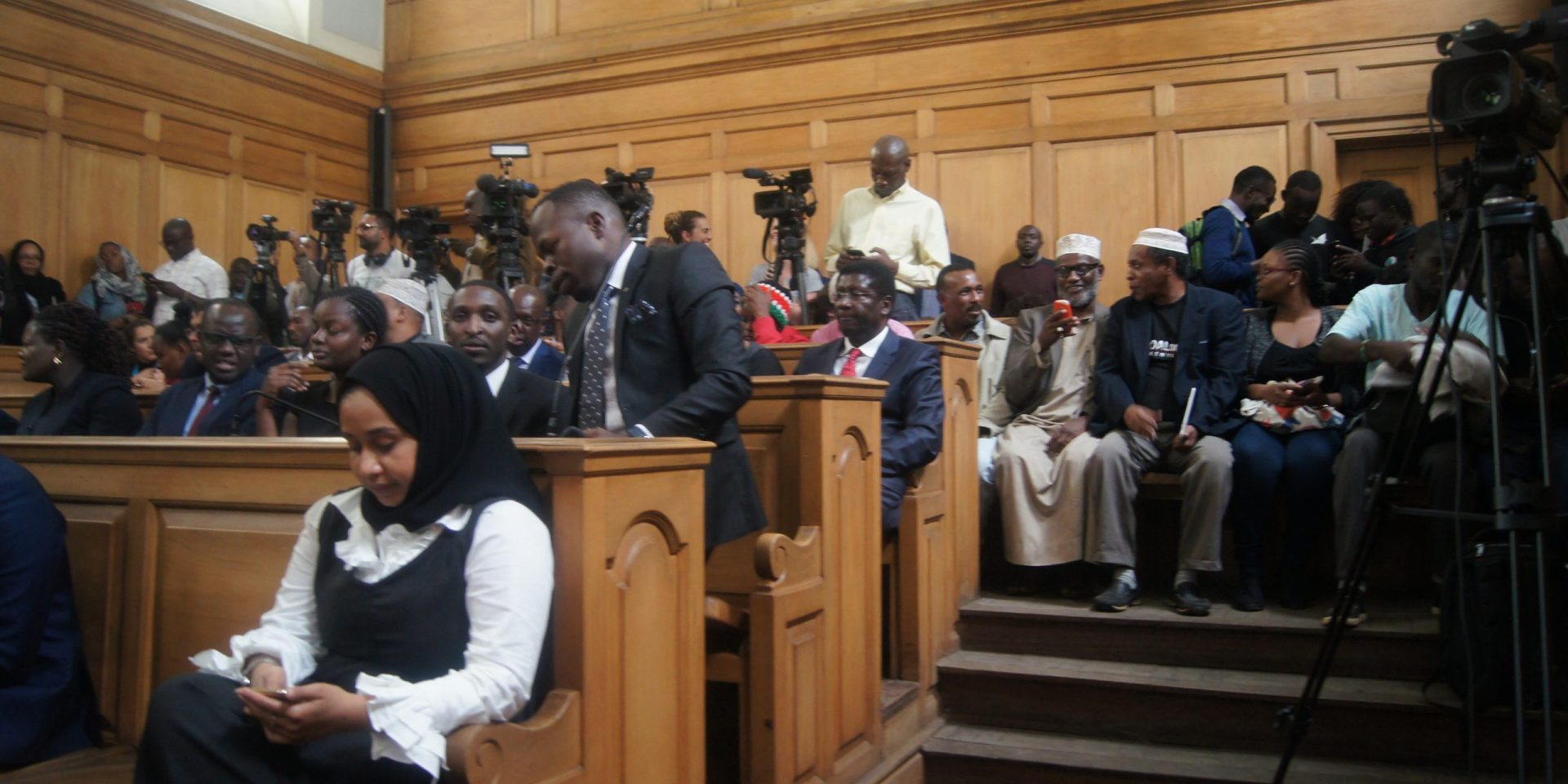The journey to stop coal in Kenya and the giants that have fallen in its wake.
Celebrating the second anniversary since the revocation of the Lamu coal plant
By Omar Elmawi
On this day in 2019, five members of the National Environmental Tribunal sitting in Nairobi unanimously made a landmark decision to revoke the Environmental Impact Assessment (EIA) license of the Lamu coal plant.
The litigation journey that begun in 2016 seemed longer than the three years. A lot had happened in those three years. The community in Lamu had led demonstrations in Lamu and joined other Kenyans in the capital Nairobi. Their devotion to keeping this project was unbelievable – it didn’t matter if they had to travel to Nairobi to attend court hearings even in the month of Ramadhan – they had to see this through.
The National Environment Tribunal canceled the license for myriad reasons, including the fact that there was no proper public consultation hence an inadequate public participation process. The other reason was that the project proponents didn’t consider alternatives (both energy supply options, various technologies to be used, alternative locations etc.).
The other reason we’d like to highlight was that they fell short in coming up with mitigation measures for coal handling and storage, ash yard and ash handling, coal conveyor system, thermal effluent, and climate change.
It was a eureka moment for the people of Lamu and Kenya as they listened to the Tribunal chair read the judgment. They did not believe how they managed to stop a KES. Two hundred billion (USD 2 billion) project backed by some influential businessmen in Kenya with a long reach within government.
It was a moment of sheer excitement and disbelief as the people of Lamu and Kenyans at large realized that they would not have to live with the well-documented impacts of coal on the environment, health, marine, climate, air.
For the rest of Kenyans, it was a big relief. It meant Kenyans would not have to pay 37 billion shillings as capacity charges every year for 25 years once the plant becomes operational.
However, like many struggles, we always celebrate the judges and the lawyers involved, but we forget some critical people within the community that fuelled the campaign forward. We rarely think of them. And in the deCOALonize struggle to keep coal out of Kenya, we lost very key people in the process. Their passing on was not a direct result of the opposition to coal, but we remember their selflessness and commitment to the movement.
As we mark this anniversary, we would like to remember and appreciate these heroes like Maalim Baadi, Mohamed Khatib, Professor Shekuwe, and more recently, Mwalimu Abubakar Al-Amudy and Maalim Hussein Soud, who have since passed away.
All of them being founders of Save Lamu, the umbrella organization with over 40 Civil Society Organizations that pushed to ensure Lamu residents had a say in the development they wanted – one that considered their right to a clean and healthy environment as provided for in the Constitution.
These heroes faced myriad hurdles and challenges but consistently resisted harmful development projects like the Lamu coal plant. They grew the community struggle from the allies of Lamu old town to a National Campaign bringing together the whole country to resist coal in all its forms and faces under the banner deCOALonize.
We remain indebted to their sacrifice. These fallen heroes worked without salaries because it was about the future generation and securing their right to live in a healthy environment, just like their forefathers left them a healthy environment. It was a sense of duty, and for that, the people of Lamu and Kenyans, in general, remain eternally grateful.
If we have learned anything from these fallen giants, one should not just cry foul when they see a wrong but back their sentiments with facts and provide alternative solutions to solve problems. As Martin Luther King Jr’s famous saying, “those who love peace must learn to organize as effectively as those who love war.”
We celebrate these fallen giants and hope and pray that those of us left behind can continue with the excellent work they have done in conserving and protecting our country from those who intend to extract it for personal gain.
As we mark this anniversary, we should also remain vigilant and question projects conceived only to benefit unscrupulous business people solely driven by profits.
Indeed one of the key lessons here is that a small group of people could take up the government, wealthy and powerful businesspeople and win—the more reason to defend the independence of the judiciary.
In the words of Margaret Mead, “you should never doubt that a small group of thoughtful, committed citizens can change the world; indeed, it is the only thing that ever has.”
The writer is the Coordinator, deCOALonize campaign



